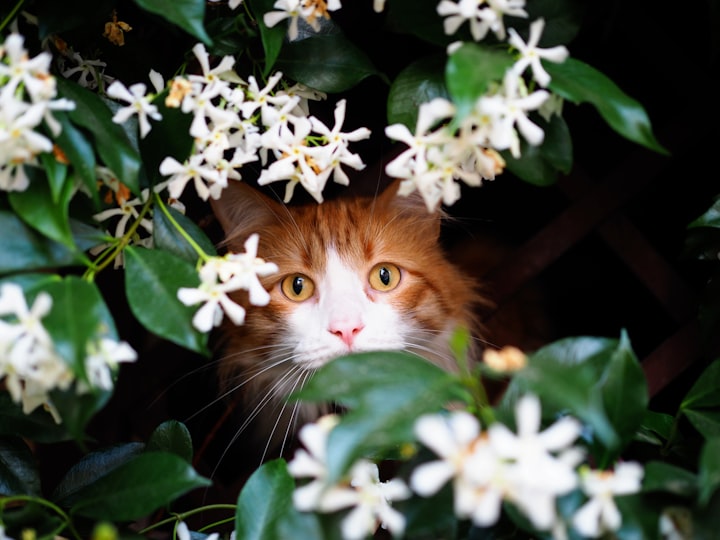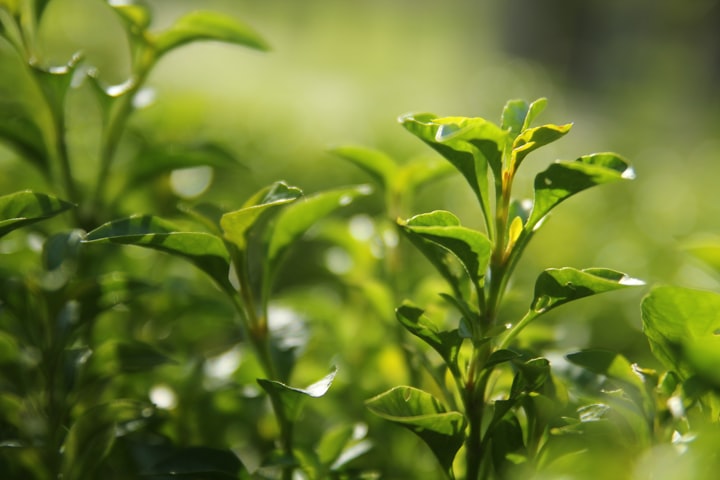Everything You Need To Know After The Jasmine Tea
Have you tried it?

Known in India as the "queen of flowers", jasmine is considered not only a decorative plant but also a remedy against stress and other nervous disorders.
Jasmine is a shrub with white, pink, yellow, or purple flowers, with a strong diaphanous scent, native to the Caucasus, Himalayas, Persia, and Kashmir, revered and considered a sacred plant, a holy flower of the Hindu god of love, Kama.
The name jasmine comes from the Persian word "Yasmin" which means "gift of the Lord". In China, the jasmine flower symbolizes feminine delicacy, in Syria, the jasmine flower is a symbol of Damascus, also called the "City of Jasmines", and in India, the flower is woven in wreaths and present in wedding ceremonies foretelling the future couple eternal love.
For therapeutic purposes, it has been used since ancient times to calm the nervous system and improve circulation, for aphrodisiac purposes to stimulate male and female sexual impulses, being added to general baths or as a massage oil to relax contracted muscles and relieve pain. muscular.
The flowers are generally about 2.5 cm in diameter and are white or yellow, although in rare cases they may be slightly reddish.
The flowers are arranged in clusters of at least three flowers, although they can also be solitary at the ends of the branches.
Each flower has about four to nine petals and one to four eggs.
Jasmine flowers have two stamens with very short filaments. They are usually very fragrant, and jasmine fruits are berries that turn black when ripe.
Jasmine is widely cultivated for the fragrance of its flowers and can be with leaves that fall in autumn or that remain green all year round.
The jasmine leaves are arranged in opposite or alternate arrangements and can be in a simple or trifoliate formation.
Jasmine - Composition
Jasmine flowers contain essential oil, benzyl acetate, benzyl alcohol, alcohol, indole, and jasmine.
Jasmine - Therapeutic indications
Jasmine-based preparations are recommended for depression, neurasthenia, migraines, circulatory disorders, muscle fatigue, joint rheumatism, sexual dynamics disorders, frigidity, spastic cough, muscle contractions, etc.
At a theoretical level, as no definitive conclusions have been drawn from research so far, jasmine tea could reduce cholesterol levels, also could avoid complications for those who follow a fatty diet.
Antioxidant-rich jasmine tea could slow the development of the number of cancer cells in the human body, and further studies are underway in this area to see to what extent jasmine could be used to cure cancer.
Jasmine - Precautions and contraindications
Jasmine tea should not be drunk on an empty stomach, otherwise, you may expect stomach acidity
It is also good not to drink this tea before bed, as it can cause insomnia depending on one's body.
Pregnancy is a sensitive period for women, so during the months of pregnancy the consumption of jasmine tea should be avoided or, if this is not possible, should be done in moderation so as not to affect the natural evolution of the fetus by developing abnormalities.
And after birth, a period should be avoided, it is the one in which the mother breastfeeds so that the compounds in jasmine tea do not reach the baby through milk.
Excessive consumption by exceeding the recommended dose or treatment period can have negative effects on the body, which ends up reacting inversely to the basic benefits of tea: drowsiness, lethargy, abdominal pain, even kidney dysfunction and decreased immunity.
Jasmine tea will not be consumed by people suffering from diseases such as gastric ulcer, duodenal ulcer, or gastric hyperacidity. Its use will also be discontinued during periods when the immune system is weakened, and tea can exacerbate this deficiency.
Insomnia - In cosmetics
Jasmine tea can also be used on the skin, although jasmine oil is more suitable here, people with oily skin or a tendency to gain weight can use this tea in cosmetics because it has a significant role in regulating sebum.





Comments
There are no comments for this story
Be the first to respond and start the conversation.